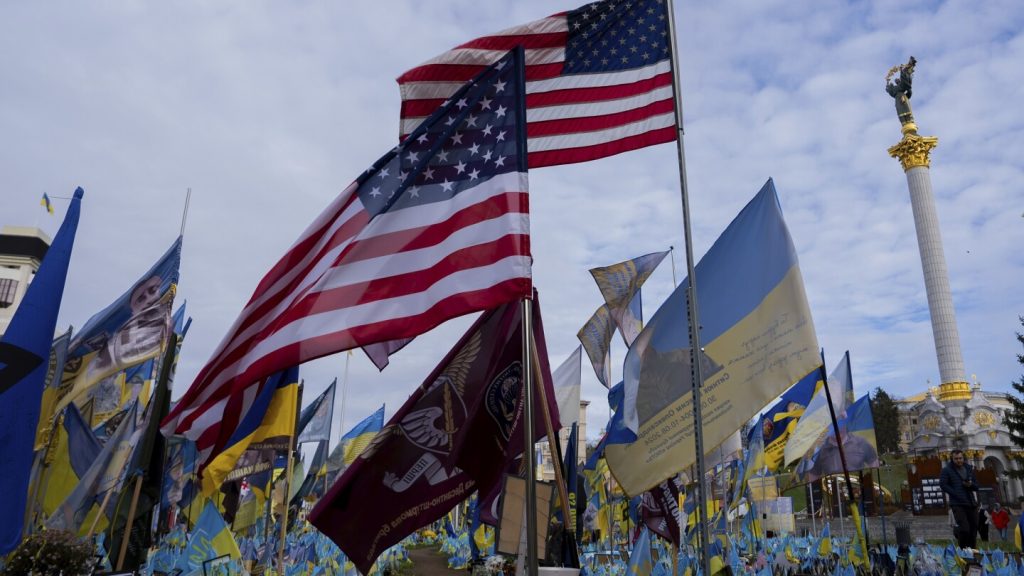The re-election of Donald Trump as President of the United States has sparked concerns and reactions from leaders and allies around the world. Trump’s victory speech emphasized putting America first and ushering in a “golden age” for the country. Trump’s first term was marked by strained relations with many longstanding allies, and his return to office has implications for global trade, climate change, and various international conflicts. Trump has pledged to escalate tariffs with China, resolve conflicts in the Middle East, and end the Russia-Ukraine war.
NATO Secretary-General Mark Rutte congratulated Trump on his victory but expressed nervousness about the future, especially in the face of growing challenges globally. European allies are grappling with the prospect of not being able to depend on the US for defense, particularly in the case of Ukraine, where the US is a significant military backer. President Volodymyr Zelenskyy of Ukraine welcomed Trump’s “peace through strength” approach and expressed hope for a strong America under his leadership.
European leaders rushed to congratulate Trump on his victory, highlighting the importance of the trans-Atlantic relationship despite potential differences with Trump’s protectionist economic policies. Populist politicians in Europe welcomed Trump’s victory, seeing him as a kindred spirit. The EU stressed the importance of working together on a transatlantic partnership that benefits citizens on both sides, despite potential challenges. Hungary’s Prime Minister Viktor Orbán, a nationalist, praised Trump’s victory.
In the Middle East, Trump’s return to office raises questions about his intervention in ongoing conflicts involving Israel, Hamas, and Hezbollah. Israeli Prime Minister Benjamin Netanyahu praised Trump’s election win and expressed hope for a new beginning in US-Israel relations. However, Trump’s unpredictable nature and internal divisions in Israel could complicate the situation. Tensions in the region remain high, with Hamas waiting to see how the new US administration will approach Palestinian issues.
The Chinese government has not yet reacted to Trump’s victory, but analysts anticipate escalating tariffs and potential confrontations over Taiwan. Territorial disputes in the South China Sea remain a key point of contention in US-China relations, with implications for US allies in Asia. South Korean President Yoon Suk Yeol and Japanese Prime Minister Shigeru Ishiba expressed hopes for closer cooperation with President-elect Trump to enhance their alliances and security in the region.
Overall, Trump’s re-election has sparked a range of reactions from leaders and allies worldwide, with concerns about the future of international relations and conflicts in various regions. The world is waiting to see how Trump’s second term will unfold and what implications it will have on key global issues such as trade, climate change, and security. The reactions from different countries and leaders reflect the complex geopolitical landscape and the uncertainty surrounding the US under Trump’s leadership.















